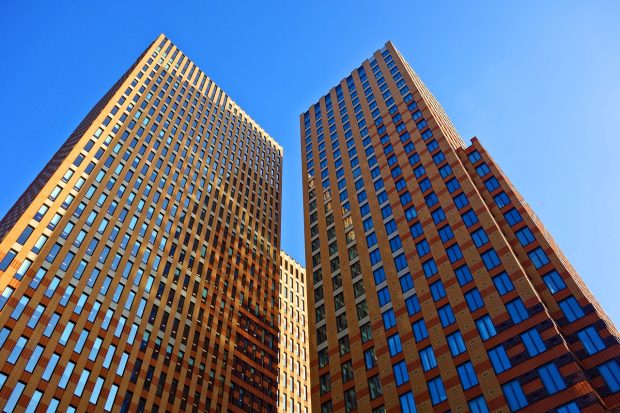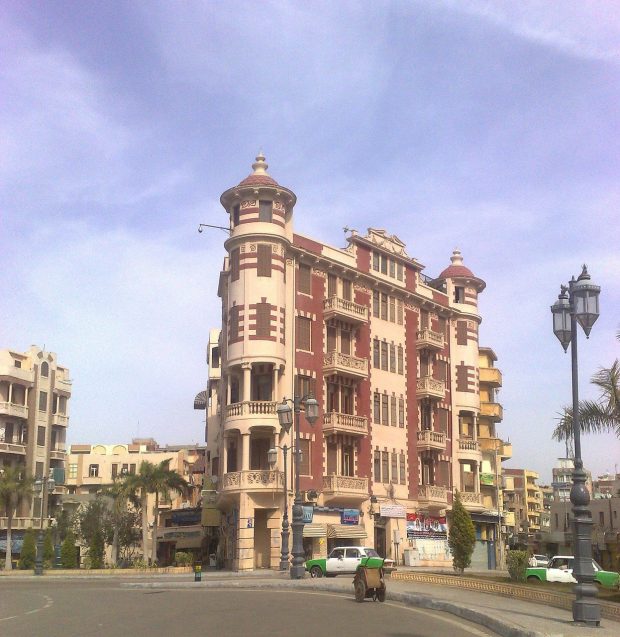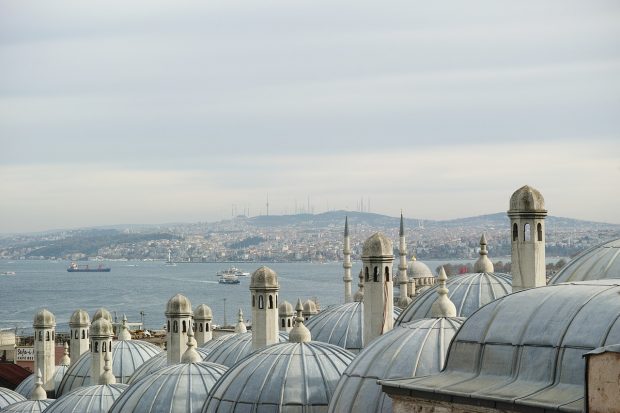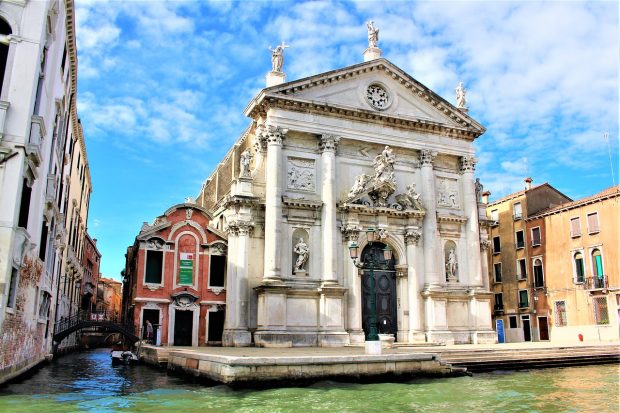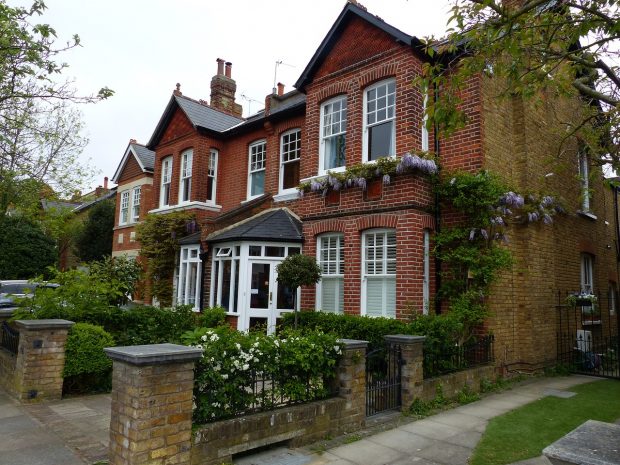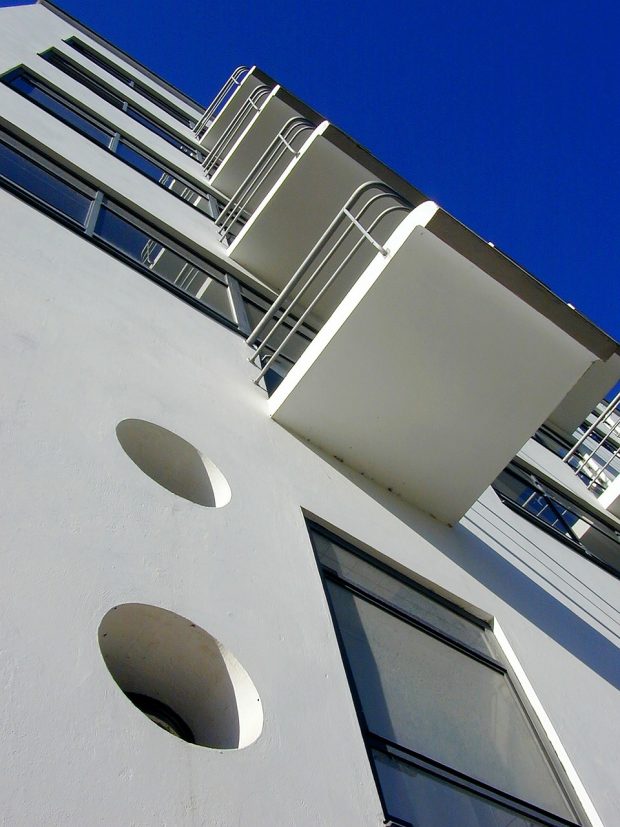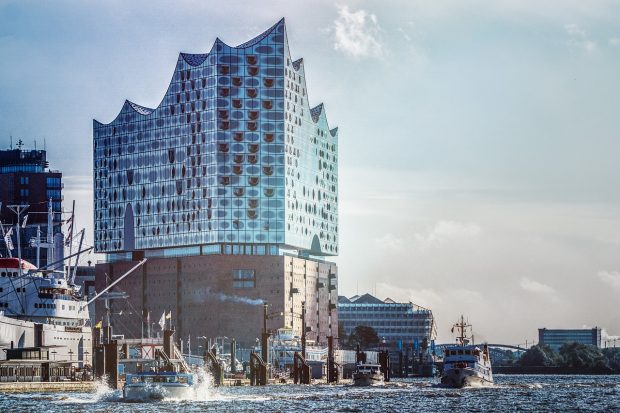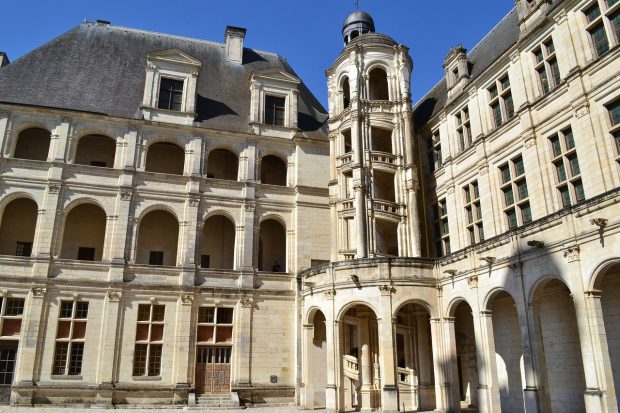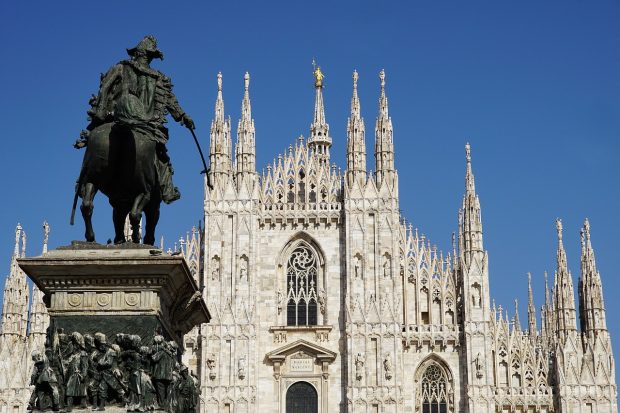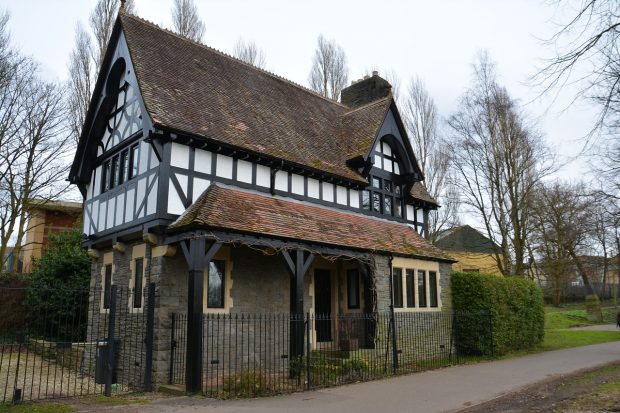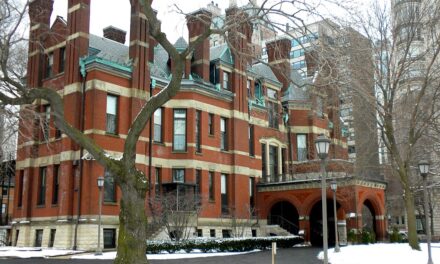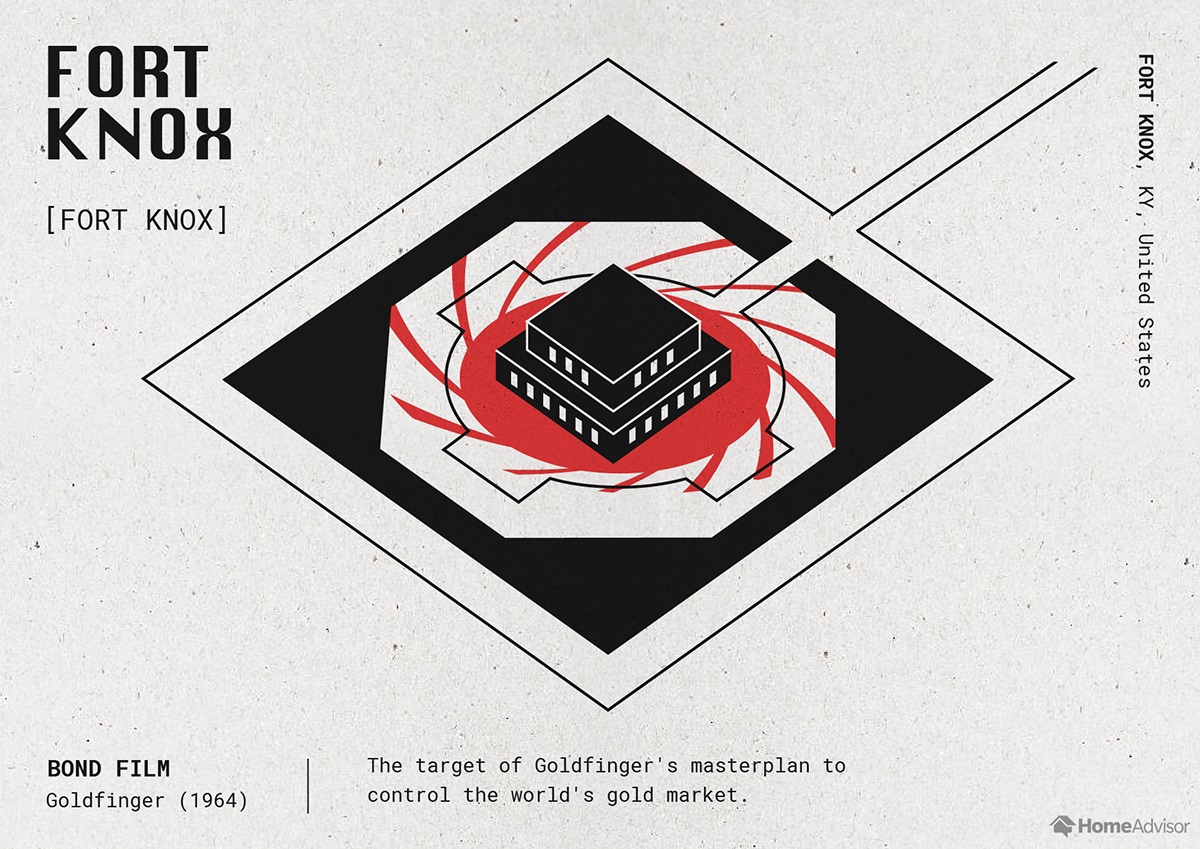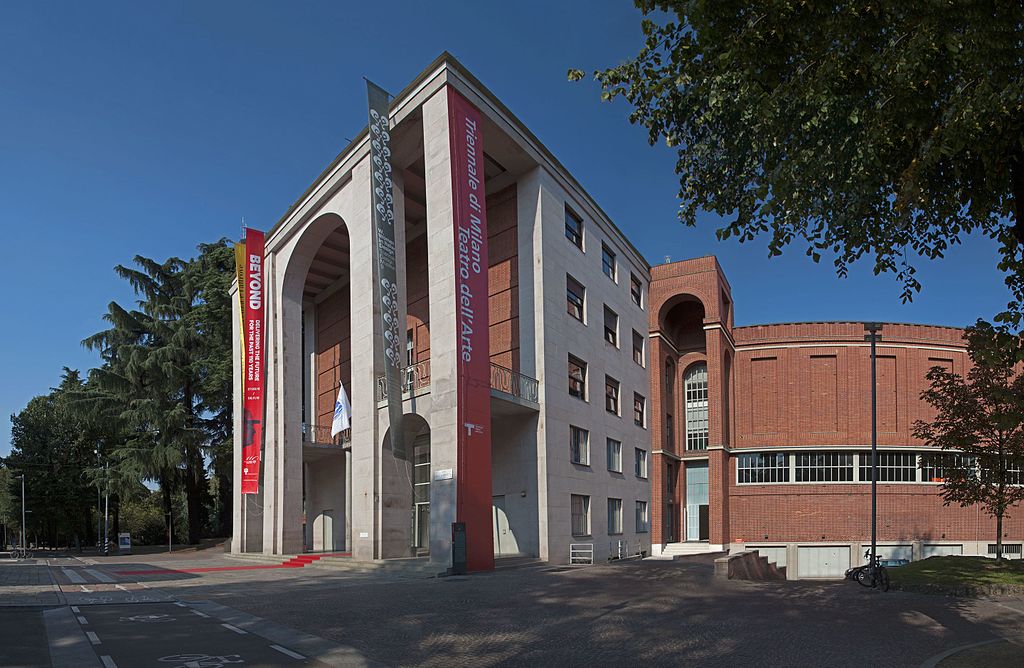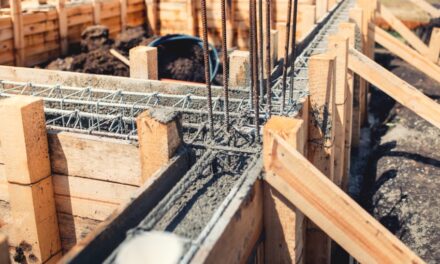Every country, city, village has its unique history, and the most noticeable approval of this is architecture. By visiting any place with buildings, it can tell you its own history with the help of architecture tendencies. Each style of construction takes its place on the timeline. They all have their unique features and trends that you are able to see even now, after thousands and hundreds of years after. We have chosen 10 famous styles of architecture with their peculiarities to learn more about them.
Modernist Architecture Style
Modern, Modernist or even Modernistic kind has a very new view on the buildings that emerged at the beginning of the 20th century. The approach of constructing modern buildings is logical and rational. That may use different materials and new structural perspectives than ornamented and decorated. You can find this kind of building design in different countries around the world. Its peculiar features are mostly the following elements. They use flat floors and roofs, asymmetry, cubic and cylindricalness.
Ancient Egyptian Architecture Style
An ancient well-developed civilization that left for us the world famous wonders, pyramids, that are still standing in Egypt for thousands of years. However, that is not all about the Egyptians; there are much more architectural buildings left. The main materials for buildings where stone, limestone, sandstone, granite, and mud-bricks that were sunbaked, because, they were lack of wood. It is true that most of the ancient Roman architecture destroyed by the Nile because of floods. But there are standing villages, fortresses, and temples. Symbolism is the main feature of this kind. It is firmly based on religious views and also aesthetic practicability for everyday use.
Islamic Architecture Style
It is another one building design that is strongly based on religion, and this tendency is still preserved. Islamic type had strong influence from the construction of the conquered lands during the 7th century. The outstanding feature of this type is mosque an Islamic temple with a minaret. It is a tower, and also it is the highest building in the local area in order that everyone could see it. Peculiar features of such buildings are massiveness, Islamic calligraphy and ornamentation for both exterior and interior.
Baroque Architecture Style
This building design tendency also born in Italy at the beginning of 17th century and has some features characteristics that also are presented in renaissance tendency. The main instruments of it are the light and shadow. That effect in large buildings makes visitors to focus their attention on the needed parts and to hide another.
Cathedral and churches of a Baroque type have a large and spacious centre. In combination with columns and cupola, it creates the atmosphere of theatre where everyone can see the scene, here the altar. The exterior ornamented mostly with white color. The representatives of Baroque types of architecture you can find mainly in Vienna, Spain, Italy, and France. However, it also gained great popularity in other countries too. If you’d like to get to know more about architecture styles, design concepts, art kinds, you can find a lot of useful information on artscolumbia site.
Victorian Architecture Style
Everyone has heard about this kind it originates in the middle of 19th centuries and refers to Queen Victoria. There are no specific characteristics for buildings as it influenced by European, Middle East, and even Asian design styles. Still, its unique feature of the usage of red bricks. The predominant colors for the exterior are brown and red, but you can find Victorian buildings with other colors. Mostly Victorian design style represented in the United Kingdom.
Bauhaus Architecture Style
Germanic architecture type that emerged 1900 and gained very little popularity outside the borders of this country. The ideas of this kind are to unify the practical design and fine arts, especially sculpture and painting. The unique feature of Bauhaus style is the usage of the limited number of clean colors. They are mostly white, black, and grey. The houses strict, geometrical and functionality values more than everything.
Neo-futurist Architecture Style
The birth of this type is the 21st century, and it has a totally new view on the ordinary things and buildings. One of the most remarkable characteristics of this type is high-tech. With the rapid development of technologies, the new approaches on how to build constructions are in use now. You can find previously unused materials in such buildings and how nature and science are combined in harmony. This tendency is growing all over the world. Soon you will be able to see very different smart houses, as there no limitation which they should look like.
Renaissance Architecture Style
It is a different European architecture style to the previous one. It left behind the acuteness of the spires and lack of symmetry and on the contrary, it tries to preserve proportions and balance. It originated in Italy around the 15th century, and secular constructions mostly represent it. The term renaissance means revival. This type preserves the tendencies of Roman, Greek, and Classical design. You can find representative buildings of this type almost in every European country.
Gothic Construction Style
European architecture style that born and was popular in Middle Ages. An interesting fact that term originates barbarous because it does not follow symmetry. The peculiar features for buildings of this kind are height, massiveness, acute spires and the interior is spacious. Mostly the representatives of this style are churches, cathedrals, castles and even houses. The vast popularity Gothic design type gained in France and a good example of it is Basilica of St Denis in Paris. There you can find a lot of Gothic buildings that bring the atmosphere of the Medieval epoch to visitors.
Tudor Architecture Style
Another one architecture style that represents the Medieval Ages is Tudor. The places of birth are the British Isles, England, Scotland and also Ireland. The unique feature of this type is the combination of characteristics from Renaissance and Gothic construction types. Its predominant colors are black and white or other two contrasting shades. The representatives of Tudor style are mostly manors, cottages, and private houses and to see them by yourself, you will need to visit the United Kingdom.

